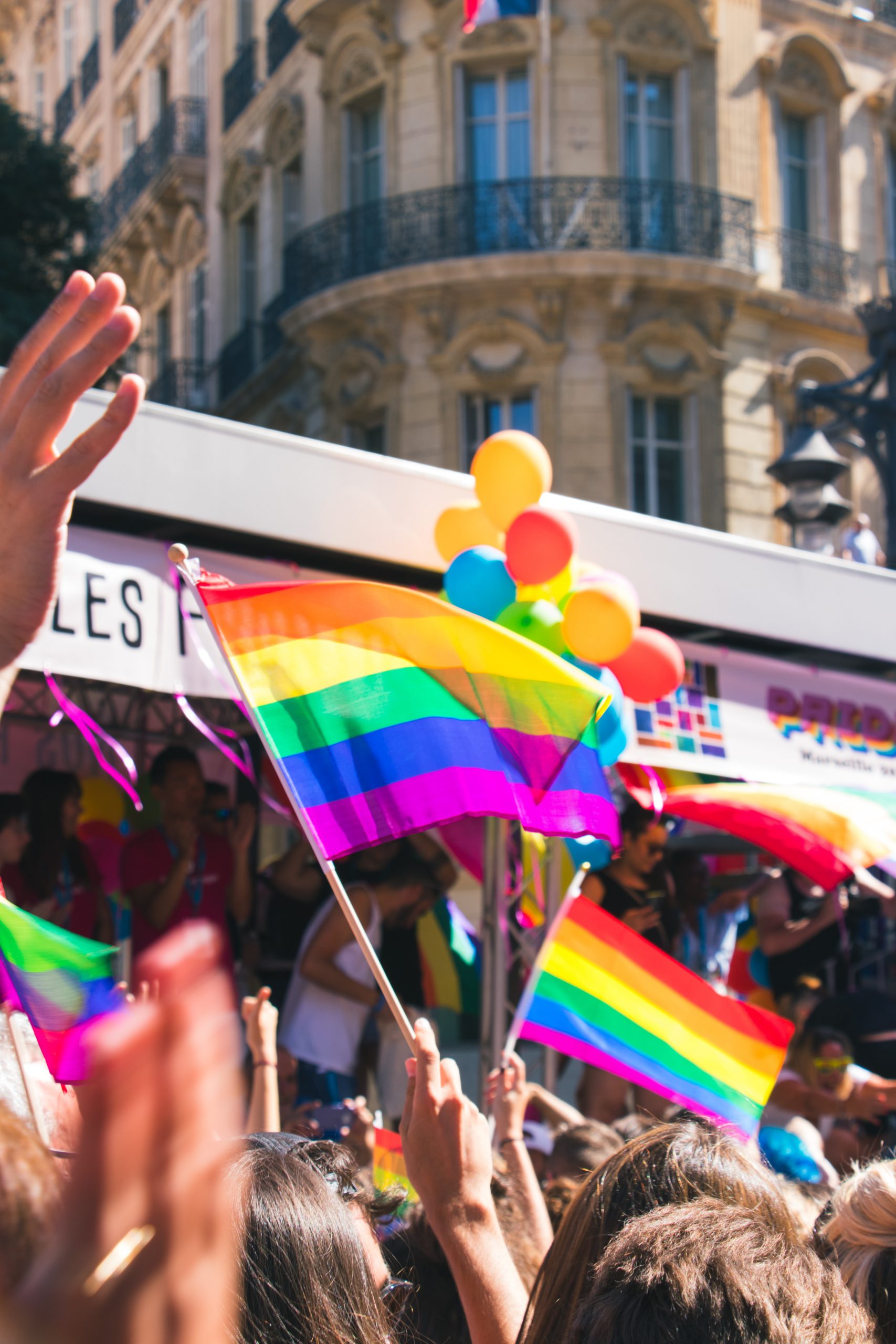The discrimination that the LGBTQ+ members experience does not only happen in the workplace or streets but also in the healthcare industry. Most LGBTQ+ patients avoid doctor consultation or postpone their medical needs on purpose because of the unjust treatment or the fear of it.
A survey conducted in 2017 by the Center for American Progress found that:
- Almost one in every ten LGBTQ+ members are denied of their right to be examined by a healthcare professional because of their sexual orientation
- Three in ten LGBTQ+ members are denied of their right to see their healthcare providers because of their gender identity
Not being able to consult in hospitals and clinics freely like other genders can make the LGBTQ+ patients more prone and helpless when it comes to some illnesses. If you are familiar with someone from the community or you, yourself, is a member of the group, you should be mindful of these common health issues you might encounter.
Here are some of the health disparities a member of the LGBTQ+ community may experience.
Heart Disease, Stroke, and Lung Cancer
These health disparities come from substance abuse like smoking, drug, and alcohol intake.
According to a 2019 research by LGBT Health, people who identify themselves as gay and lesbian consume twice alcohol and tobacco content than heterosexuals with severe alcohol and tobacco use disorder.
In a 2016 health report by Boston’s Fenway Institute, it was discovered that drug abuse is more common in the LGBTQ+ community than heterosexuals. In fact, in the 2017 study of the Journal of School Health, transgender students were said to have 2.5 times more chances to use cocaine and methamphetamines than their cisgender friends.
These figures give them a higher risk of having coronary heart diseases, lung cancer, stroke, and other related health conditions.
Mental Health Conditions
A survey conducted by the BMC Psychiatry found that LGBTQ+ people are twice more likely to experience mental health disorders than heterosexual men and women. Because of the oppression they experience in this lifetime, they are said to be more prone to obesity and eating disorders, anxiety, depression, suicidality, and substance dependence.
Sexually Transmitted Disease
Gay, bisexual, and men who have sex with other men are the population category that has the highest number of HIV (human immunodeficiency virus) cases in the United States. In 2018, 69 percent of the HIV cases recorded are from gays and bisexual men. Most gays and bisexual men perform anal sex without protection. It is the riskiest and top sex style that allows faster transmission of HIV.
Besides HIV, gays and bisexual men are also more prone to being infected with sexually transmitted infections like chlamydia, gonorrhea, and syphilis.
These are only three of the many common health issues left untreated because of the discrimination experienced by the LGBTQ+ community.
Conclusion
Bad experience and the fear of encountering any form of discrimination are reasons LGBTQ+ members stay away from healthcare settings. Nowadays, LGBTQ+ health resources and directories, such as the GLMA: Health Professionals Advancing LGBTQ+ Equality, exist to help the members of the community in their health-related concerns. Organizations like the UCSF Center for Health & Equity in California also help advocate and provide health services to LGBTQ+ members. Check if your state offers a similar service for you and your loved members of the community.
To get updated with the latest health and medical news, always tune in to Dose of Healthcare. We try to give you the latest stories about the healthcare industry. Follow our social media accounts to stay informed.


















